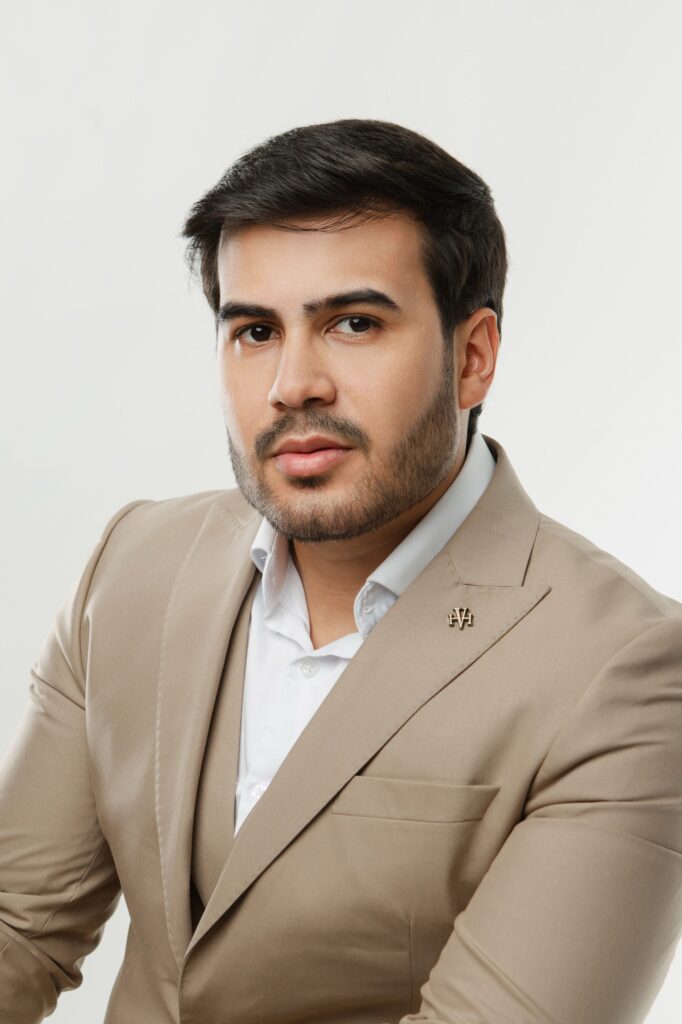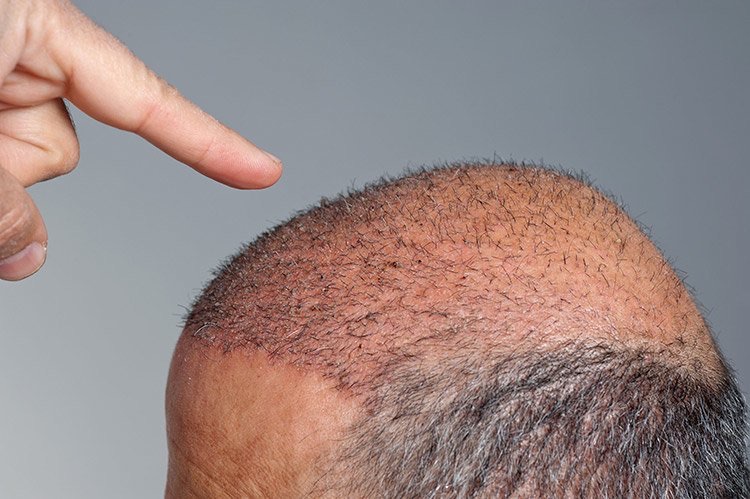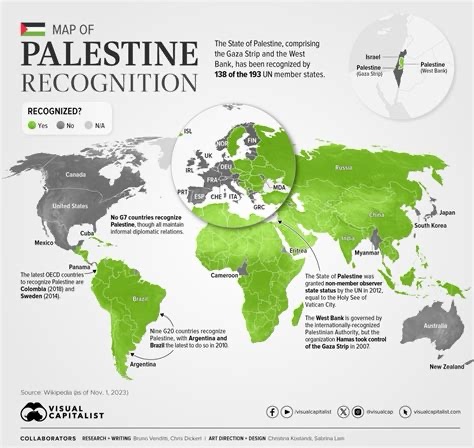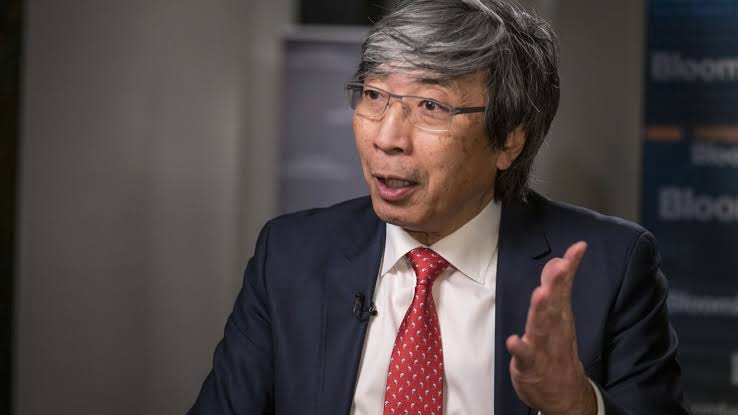The hair transplant industry has emerged as one of the fastest-growing sectors within global aesthetic medicine. Forecasts suggest that by 2030, the market will surpass 30 billion US dollars, driven by factors such as increased life expectancy, the pursuit of self-esteem, and continuous investment in technologies that make procedures more effective and accessible.
Traditionally, countries like Turkey have established themselves as medical tourism hubs for hair transplants. However, Brazil is increasingly carving out a prominent role in this field. The nation combines highly skilled professionals, modern clinics, and competitive costs, alongside a distinct hallmark internationally recognised: a human-centred approach that transforms the patient’s experience.
This growth influences not only healthcare but also the wider economy. The sector’s expansion stimulates tourism and hospitality while generating direct and indirect jobs, positioning Brazil as a reference point in innovation and quality.

The Perspective of Dr Thallys Santana
A physician dedicated to the face and scalp, Dr Thallys Santana closely follows the evolution of this market. In his view, hair transplantation goes beyond aesthetics and connects directly with the emotional and social well-being of patients.
In an interview, he emphasised:
“The hair transplant is not merely about restoring hair, but about giving back confidence and identity. Modern medicine has shown us that self-esteem is also health, and Brazil has all the conditions to become a global leader in this field.”
When asked what sets Brazil apart from other countries, Dr Thallys added:
“Beyond technical excellence, there is a unique focus on patient care. This blend of medical expertise and humanisation is what increasingly attracts individuals, including international patients, to undergo procedures here.”
A Promising Future
With less invasive techniques, more natural results, and greater accessibility, hair transplantation is set to become one of the main drivers of growth within aesthetic medicine. Brazil, already world-renowned in other areas of plastic surgery, is now emerging as a key hub for hair restoration as well.
More than an aesthetic trend, it represents a global movement that unites science, economy, and quality of life. Professionals such as Dr Thallys Santana play a fundamental role in shaping this future.








